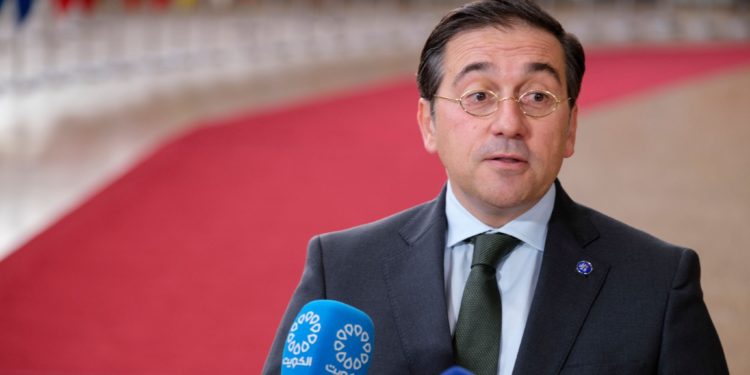The European Union (EU) and Kenya are poised to enter a new phase of economic collaboration with the adoption of the EU-Kenya Economic Partnership Agreement. Negotiations for the Economic Partnership Agreement (EPA) concluded on June 19, 2023, with the decision aimed at fortifying trade ties, fostering economic growth, and creating opportunities for both regions.
Jose Manuel Albares, Spanish Minister of Foreign Affairs, European Union and Co-operation, emphasized, “This agreement brings us closer to Kenya, and it brings Kenya closer to us. Kenya is considered the economic hub of East Africa, and the opening of new areas of cooperation will translate into mutual benefits for our workers, businesses, and traders.”
The agreement encompasses a shared commitment to sustainable development, including labor rights, the environment, and climate action. Once in effect, it will grant Kenyan exports duty-free and quota-free access to the EU market while gradually facilitating EU imports into Kenya. The EU press release hailed it as the “most ambitious economic partnership agreement the EU will have with a developing country when it comes to sustainability provisions.”
EU-Kenya trade relations have experienced substantial growth, with trade volumes reaching EUR 3.3 billion in 2022, marking a significant upsurge of 27 percent from 2018. This monumental deal underscores the EU’s strategic approach, positioning Kenya as its primary export destination and second-largest trading partner.
The journey to this historic agreement faced challenges and negotiations since its commencement in 2014 between the East African Community (EAC) and the EU. The Economic Partnership Agreement encountered hurdles due to non-uniform ratification among EAC partner countries. However, Kenya took proactive steps in 2021, expressing readiness to implement the agreement independently. A decisive Joint Statement in February 2022 between the EU and Kenya rekindled negotiations, leading to the conclusion of discussions in May and June 2023 at both technical and political levels.
Crucially, the impending agreement hinges on subsequent steps involving formal signing, consent from the European Parliament, and final ratification. Once this sequence concludes, the pact will become operational, facilitating enhanced economic engagements between the EU and Kenya. This represents a pivotal moment not just in trade relations but also in fortifying commitments toward sustainable development goals.


















